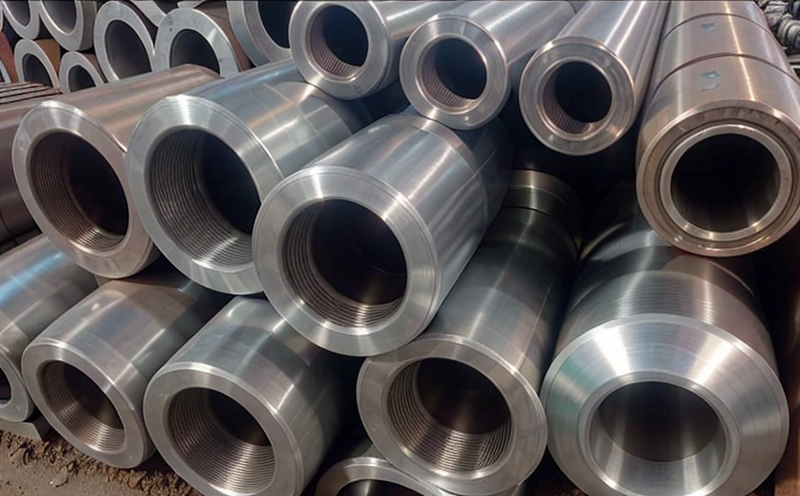EN 60068-2-1 Cold Endurance of HVAC Units
The CEN standard EN 60068-2-1 specifies the test methods and conditions to determine the cold endurance capability of electrical and electronic equipment, including HVAC units. This particular method is essential for quality managers, compliance officers, R&D engineers, and procurement specialists who need to ensure that their HVAC systems can withstand extreme low temperatures without compromising performance or integrity.
During cold endurance testing as per EN 60068-2-1, the HVAC unit undergoes a series of temperature cycles. The test chamber is initially brought down to a specified low temperature, typically between -40°C and -60°C, depending on the application's requirements. The unit remains at this temperature for a set duration before being returned to room temperature or ambient conditions. This process is repeated multiple times over a defined period.
The primary purpose of this test is to evaluate how well the HVAC unit can endure cold environments without experiencing damage that could affect its functionality. For ferrous metals and alloys used in HVAC components, such as steel structural parts or cast iron heat exchangers, these tests are particularly critical. Ensuring these materials retain their mechanical properties under extreme low temperatures helps prevent failures due to embrittlement or other physical changes.
The testing process involves careful preparation of the unit. This includes cleaning and drying the equipment thoroughly before placement into the test chamber. Additionally, any lubricants used must be compatible with the temperature range being tested. Once inside the chamber, sensors monitor various parameters including temperature stability, humidity levels (if applicable), pressure changes within the system, and performance metrics like airflow rate and voltage fluctuations.
Acceptance criteria for passing this test are strict and vary slightly based on specific applications but generally focus on maintaining operational efficiency throughout all cycles. If an HVAC unit passes these tests successfully, it indicates that it meets quality standards set forth by international organizations such as IEC (International Electrotechnical Commission). These certifications are valuable when marketing products internationally or ensuring compliance with local regulations.
Understanding the importance of cold endurance testing for ferrous metals and alloys in HVAC units is crucial for businesses operating in colder climates or those designing equipment intended for export to regions where low temperatures pose challenges. By adhering to standards like EN 60068-2-1, manufacturers can build confidence among customers about their product's reliability under harsh conditions.
Benefits
- Ensures compliance with international safety and quality standards
- Promotes robust design that stands up to severe environmental conditions
- Increases customer trust through proven performance in adverse climates
- Aids in meeting regulatory requirements for product certification
- Improves overall product lifespan by identifying potential weaknesses early on
- Supports continuous improvement initiatives within manufacturing processes
Why Choose This Test
- It provides valuable insights into the durability of ferrous metals and alloys used in HVAC units.
- The test helps identify any potential issues related to material properties or design flaws that could lead to failures during cold conditions.
- Purchasers benefit from knowing they are investing in equipment capable of performing reliably even in extreme environments.
- Manufacturers gain an advantage by demonstrating their commitment to producing high-quality products that meet industry expectations.
Eurolab Advantages
As a leading accredited laboratory specializing in HVAC equipment testing, Eurolab offers several advantages when it comes to performing cold endurance tests according to EN 60068-2-1:
- Credibility and Experience: Our team of experts has extensive experience working with ferrous metals and alloys in various applications. We stay updated on the latest developments regarding testing techniques and methodologies.
- Affordability: While maintaining high standards, we strive to offer competitive pricing structures that are accessible to businesses across all sizes.
- Timely Delivery: We understand the importance of meeting deadlines without compromising quality. Our efficient processes ensure swift turnaround times for test results.
- Comprehensive Reporting: Beyond just passing/failing status, our detailed reports provide actionable insights that help improve future product designs and manufacturing practices.
We take pride in offering comprehensive support throughout the entire testing process—from initial consultation to final report delivery. Our goal is not only to meet but exceed expectations set by clients while adhering strictly to all relevant standards and guidelines.





